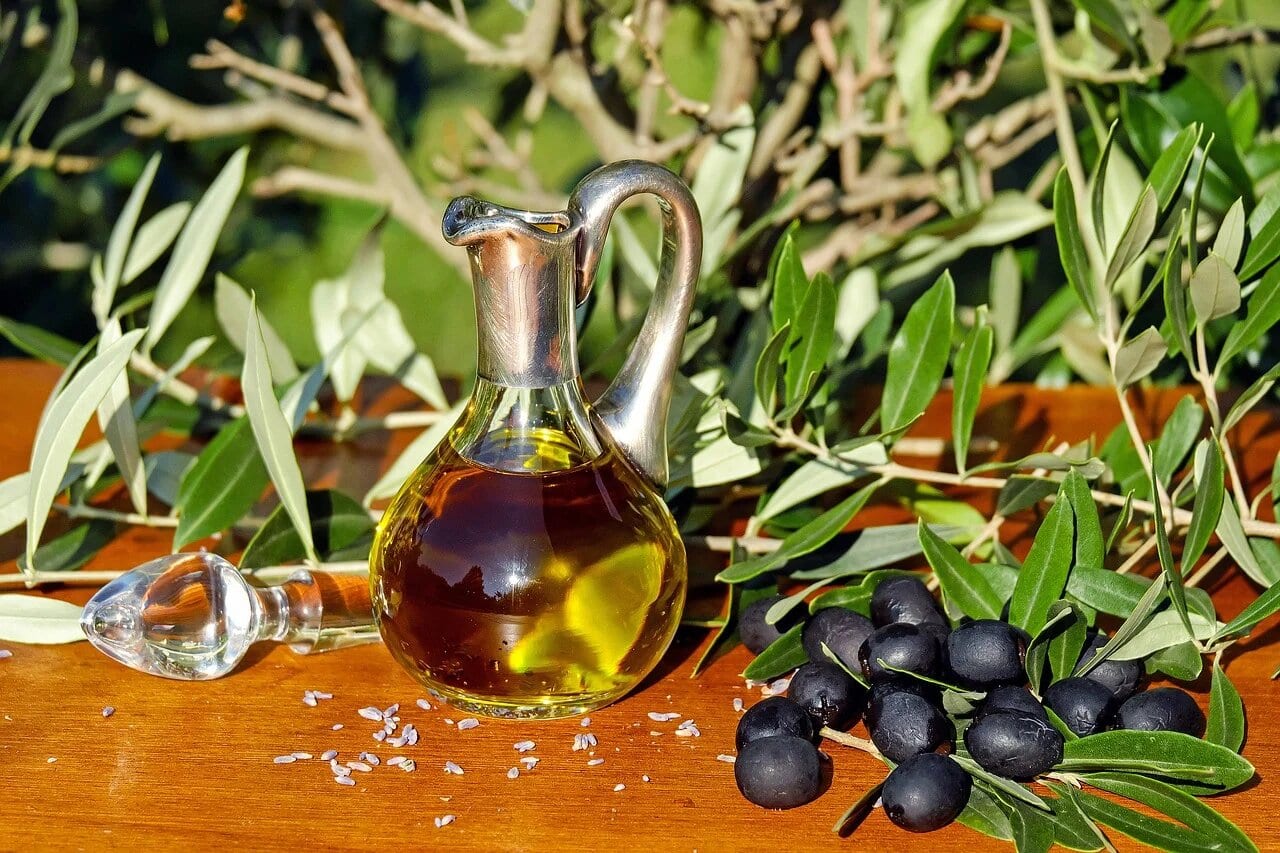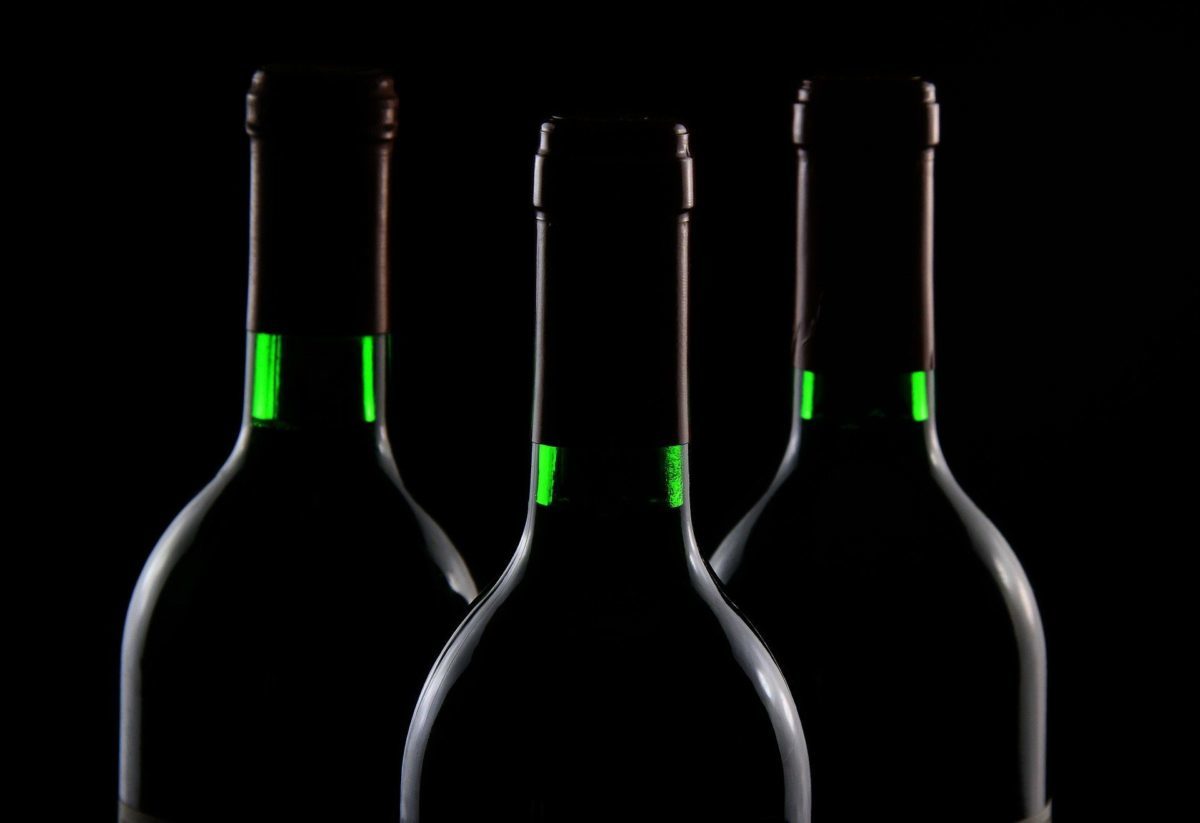What is happening with the products advertised as Mediterranean«? Do they have something to do with the traditional diet of this region of the world? Discover that all that glitters is not gold. Behind what we buy there is a lot marketing and this tries to join each trend healthy. Discover the deception that thousands of people have succumbed to!
What is the fraud of "Mediterranean" products?
La Mediterranean diet It is one of the healthiest in the world. It is for a reason that the countries that follow it register the highest life expectancies. Furthermore, it is inversely related to all causes of mortality According to some people studies. That is why many brands take advantage of the pull and use it as a fraudulent claim. Thus, not all products that are advertised as "Mediterranean" are such.
A study of “Nutrition and Food Science Journal” concludes that most of these foods have nothing to do with the label used. They do not even appear in the nutritional pyramid of the Mediterranean diet. This analyzed 1.219 ads de foods of 103 products. He also took care of 541 ads de drinks of 109 products. The different media advertising channels: television, newspapers, radio... All this between 2011 and 2019.

The result
It turned out that only 13'59% of the Mediterranean products they owned a high nutritional value According to Nutri-Score. Of the rest, 19% had a medium-high value. The medium accounted for 49% and the low 25%. On the other hand, the very low value accounted for 27% of the total.
The researchers realized that many of these products are linked to the Mediterranean diet. This creates the tremendous false feeling wich material are they made healthy. That is why they demand stricter regulation even if it is not really misleading advertising. They accuse the current law of being outdated, since it is one of the 80 years. That is why his explanations on some aspects are very vague.
In particular, the Mediterranean products that most commonly use the label are fried tomato and sauces. These are followed by soups and ready meals. The data related to beverages are curious, since the Present in several = 89% of those that use this denomination are alcoholic. Also, the trend is growing. That is, six products used the claim in 2011. In 2020 there were twenty! Therefore, we fall into the risk that the Mediterranean diet is distorted. Do you think that advertising regulation should be more restrictive to prevent it from slipping in?







